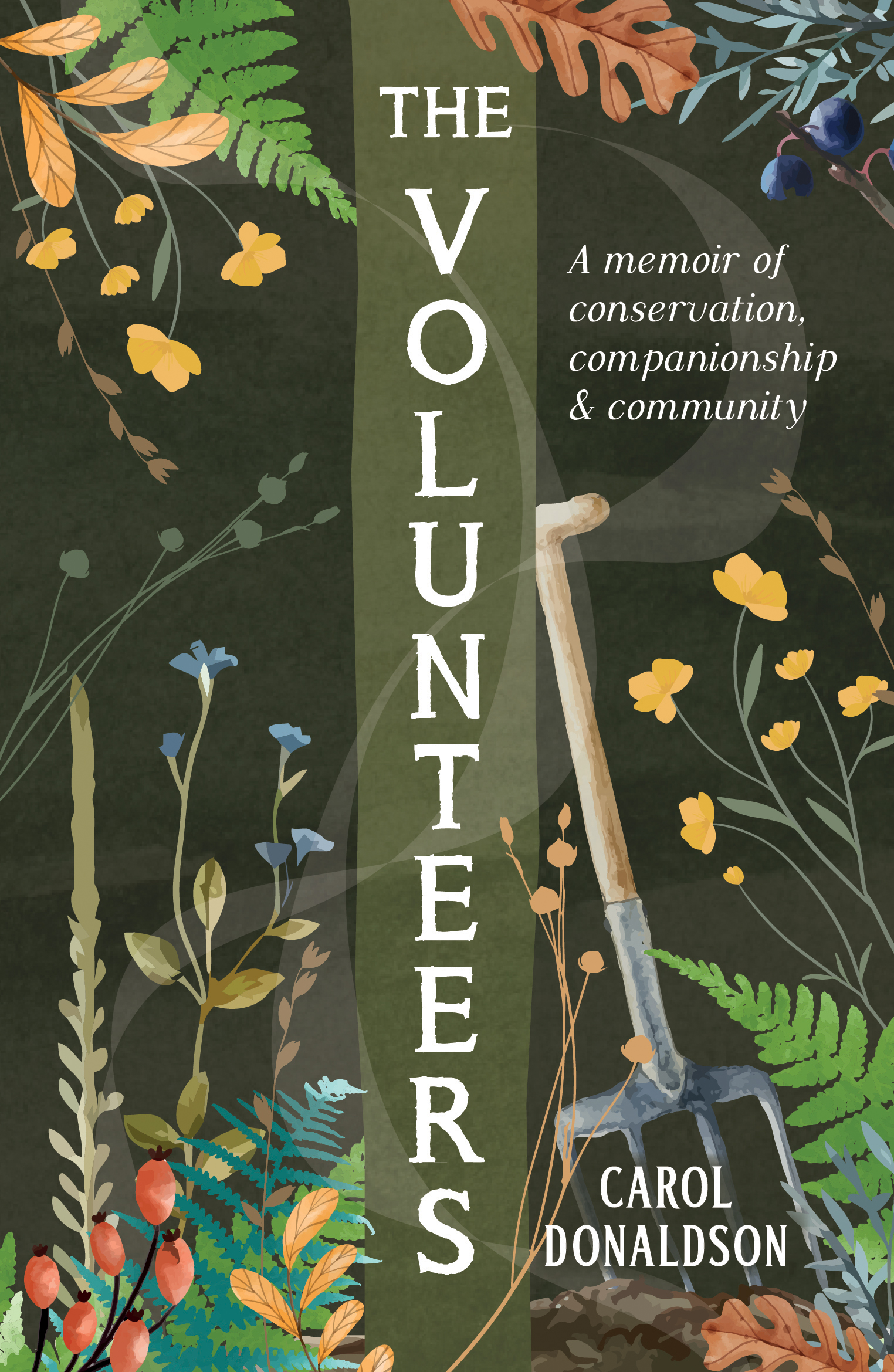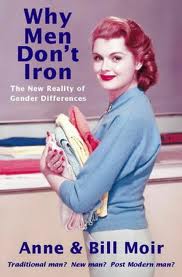
I am always intrigued by books about books.
What could possibly be better than, when closing the final pages of a book, discovering it has led you to create a list of twenty or so other books you really want to read?
I also really liked the premise of this particular book, a memoir by Canadian journalist, Ann Walmsley, in which the author shares her experience of visiting book groups established within two Canadian prisons.
What’s it about?
Ann Walmsley’s friend, Carol Finlay, was beginning a new initiative – setting up a monthly book club in a men’s federal prison – and asked for Ann’s help. Intrigued but nervous, Ann initially agreed to choose books for the men, but Carol pointed out that to know what might work, Ann would have to meet the men.
Ann’s nerves did not arise solely from the natural trepidation that might arise from agreeing to meet regularly with a group of convicted criminals in a medium security prison. Eight years earlier she had been the victim of a violent mugging in England and had suffered PTSD as a result. Could these visits, as Carol suggested, help to alleviate her remaining anxiety in some way?
What’s it like?
Deeply interesting but a little disjointed. Each chapter is broadly chronological and focuses on a different book that the book groups read, using this to explore both the men’s responses and Ann’s own development. As I expected, I enjoyed reading about the various book discussions, though, unsurprisingly, I found it more interesting when I had actually read the book under discussion.
The men are insightful and can be deeply empathetic, though not always in the way that Ann’s middle class views led her to anticipate! I initially found Carol and Ann’s focus on introducing the men to “good” literature quite patronising, but research does appear to show a correlation between reading literary fiction and developing empathy, so I can understand their motivations.
Choosing these kinds of books allows Ann to make comparisons between the responses of her own book club members (which appeared to consist solely of middle class white women) and the prison book club members. In essence, these contrasts could probably be summarised as follows: the prison book club members were more cynical regarding motives (correctly casting doubt on an author’s work of non-fiction which subsequently turned out to be dubious) and more ready to point out that some authors had more privileges and a better life than they might realise.
Books discussed
Books discussed include but are definitely not limited to:
- ‘The Book of Negroes’ by Lawrence Hill
- ‘Nomad’ by Ali Hirsi
- ‘Small Island’ by Andrea Levy
- ‘Alias Grace’ by Margaret Atwood
- ‘Ordinary Thunderstorms’ by William Boyd
- ‘The Grapes of Wrath’ by John Steinbeck
- ‘The Curious Incident of the Dog in the Night-Time’ by Mark Haddon
Final thoughts
In short, this is an interesting account of some members of the Canadian prison population’s thoughts on some well-known books. There are no amazing observations here, unless you agree with some Amazon reviewers who appear to be astonished that men in prison could read at all, let alone be articulate and thoughtful about the books they have read.
Nevertheless, I found it an interesting read in places, but mostly for the discussions about the books. I wasn’t really interested in Ann’s journey to overcome her anxiety, but this is not a criticism of the book itself, just a recognition that this book really has two focuses and I was only interested in one. When she veered off the topic of books into describing a sunset or what she was wearing I would find myself simply skimming the sentences until she focused on books again.
I do wonder how many of the prisoners who participated in the book groups had anticipated Ann, who attended these meetings in her role as book club co-ordinator assistant (or something similar) using the material for her journalist role (to produce a book).
Overall, it was interesting to read the responses to the books, and it’s great that Carol has taken the initiative to create what sounds like a very beneficial service for Canadian inmates. I hope it continues to inspire the inmates and give them a valuable outlet to share ideas and feelings in a safe, empathetic environment.
‘The Prison Book Club’,
Ann Walmsley,
2015, Oneworld, paperback


